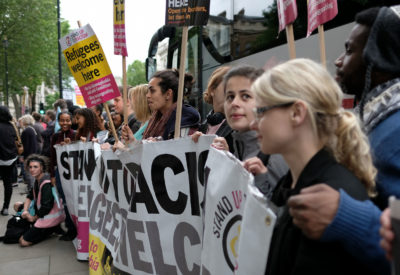Two women, Jenna and Clara, share their recent experience as volunteers with our partners, Catholic Worker Calais.
A Home That’s Alive — Clara
I turned up at the door of Maria Skobtsova House on an October afternoon not quite knowing where I was going as it was my first volunteering experience, and also my first long stay outside Barcelona, my hometown. The most relevant instruction I had received before coming was, in the event, the only one that mattered: “We will not ask you to speak French or English, nor do we expect you to have any previous training or experience: we expect nothing more except that you consider and treat the people who live here as who they are, your sisters and brothers, all children of the same Father”.
My faith in God had only begun to grow in me a few months before coming, so it was a surprising and previously unknown message to me. I felt a little insecure, but above all, I felt an overflowing joy, that special joy that comes from the spirit. As soon as I crossed the threshold, when Rachel and Joseph greeted me warmly in that photo-filled hallway, I recognised that same joy, and I knew I was in the right place.
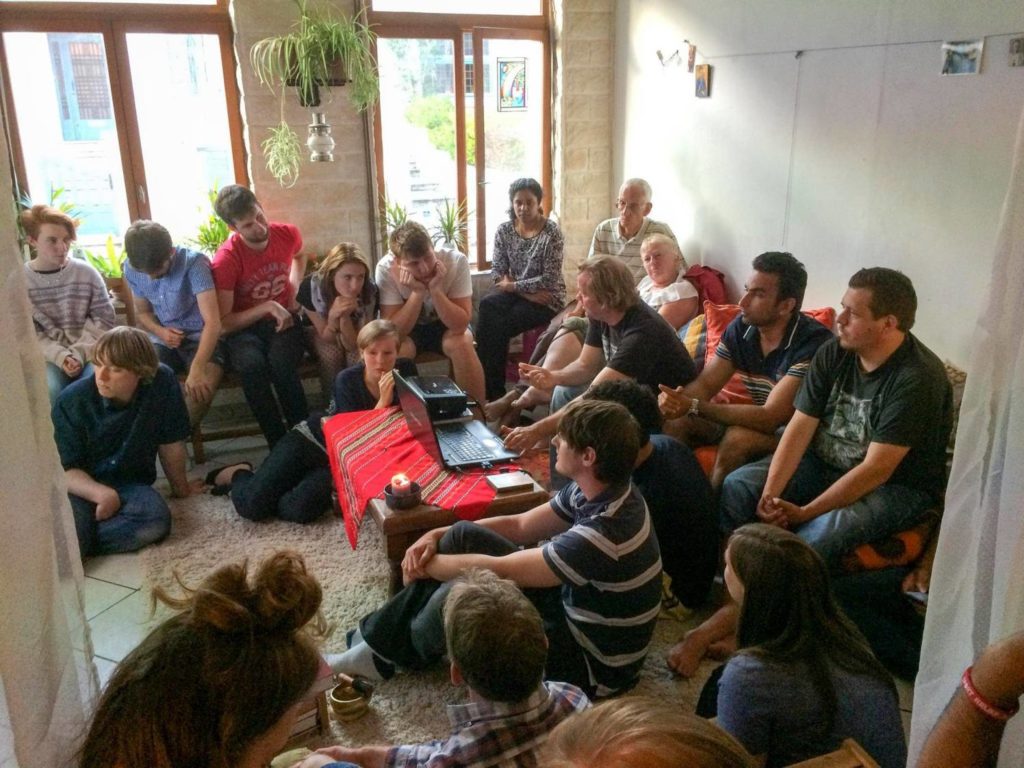
The house is a place of welcome for people who need a safe place to live while they are going through a very complex time in their lives. These are people experiencing profound change, often having been forced to abandon practically everything that structured their lives before they began their journey in search of a more dignified and fairer life for their families. The house is reserved for women alone, or for women with children, people who are in a particularly vulnerable and exposed position on a migration journey filled with risk. Each person brings their own story. A backpack loaded with their pain, their grief, their unmet needs, their complaints, pleas and cries; it was essential to learn how to be supportive without sinking into one’s own sadness; to discover how to situate oneself in relation to the stories of suffering, which sometimes felt so far from one’s own.
However, if there was one thing that stood out in all the women I met there, beyond the pain and fear, it was the light of hope. It appeared at the end of every story they told where strength had overcome despair, where they had summoned all their courage to get out of an unjust situation, where love for their children or loved ones had driven them to undertake an impossible journey. That light, which can come from nowhere else but the spirit, continued to beat every day and every night: in every attempt to cross to the UK, in every shared dinner, in every silent prayer. Beyond their differences, and despite the shadow that could weigh on their lives, each person was finding their own way to bring their particular portion of light into the house.
If there was one thing that stood out in all the women I met there, beyond the pain and fear, it was the light of hope. That light, which can come from nowhere else but the spirit, continued to beat every day and every night.
The emotional atmosphere in the house could be described as a colourful combination of stress, joy, sadness, fear, humour, conflict and constant reconciliation. It is not easy for anyone to live with a dozen people who do not share the same language, culture or sometimes even the most important values. As a permanent presence there, I learned to situate myself in this roller coaster of living in a community. At times, I became a busy and maternal hostess; at others, I felt like a loved and spoiled youngest daughter. Sometimes, no one seemed to want to listen to the other person; at other times, an atmosphere of intimacy was generated through a simple word or by laughing together at a joke. Sometimes, we served in silence, almost invisible; other times, we shared the chores in joyful company. Every day, a bit of everything, or everything at once.
In living together, it seems that the heart of each guest is in tune with the heartbeat of the life of the house itself, as if it had its own entity. It is easy to recognise the holy spirit burning within these yellow walls: in all the drawings on the wall, in the pantry always stocked to offer yet one more dish; in the cooker which cooks recipes from all corners of the world, to be shared around the dinner table, leaving aside any differences. In the hugs to wish each other luck, in the prayers for each other’s lives, in the small gestures of care. In the tears as we say goodbye to each other, not knowing when we will see each other again, feeling that each one takes a part of the other with them.
It is the house that embraces each person who enters its door, that provides security and nourishment, that consoles and offers care. It is the house that prays for all, and it is the house that weeps when, with the inexorable passage of time, the hour comes for us to leave. Thanks to the willingness to live together in true communion, overcoming any differences that might divide us, guests and volunteers are one and the same, sisters and brothers sitting together at table, serving one another. Thanks to the endless efforts of the people who have made the house their life project, and dedicate their efforts and energy every day to keep the true spirit burning in it, this house will breathe and its heart will continue to beat. It also welcomed me, matched my heartbeat with its own, and made me feel loved and cared for. I will always be grateful to have been part of this living house, alongside so many brave and incredible people. Despite the passage of time, my heart won’t forget Maria Skobtsova House, a home that’s alive.
‘Why God do like this?’ — Jenna Funkhouser
Why? she asks. Why God do like this? We are sitting over a cup of tea when she spills the unanswerable question. And she is not alone. Does God really see us? others ask me. I think somebody [pointing up] has forgotten us. Why our lives like this?
I have a few ‘whys’ of my own to add: Why the police sweeps every day? Why the stopping of food distribution? Why are mothers with small children forced to sleep outdoors? Why do young men die each year attempting to cross and find a life of safety? Why not me? And how many of us are culpable? Before the facts of life in Calais, we all stand baffled. It is not for me, sitting here with an American passport and the ability to cross borders, to tell them why. All I know for certain is that each of them is precious, irreplaceable. All I can tell them is that they are seen, and they are loved. God is near to the broken-hearted. These words ring in my ears for the rest of the day. If that is true, then the space we tread here is holy ground.
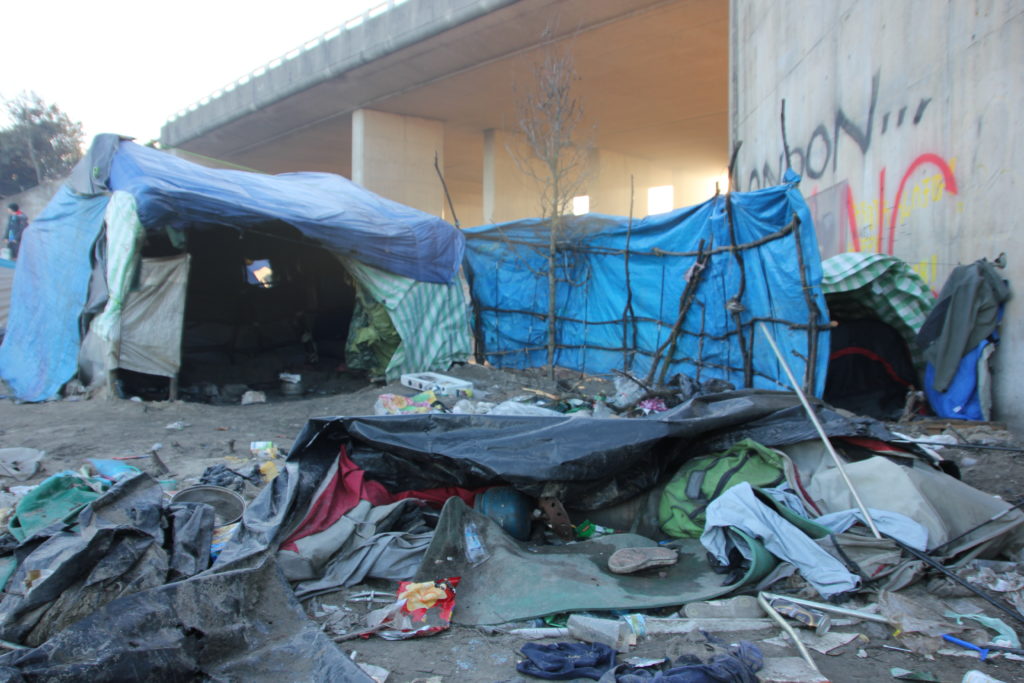
And yet, it is not the questions that surprise me—it is the laughter. So many guests teach me how to choose radical joy in the face of sorrow. One mother of two arrives at the house after an arduous journey walking barefoot and carrying her children. Yet she simply smiles and said, “I have arms, I have legs, I have health – I am grateful to be able to make this journey, when so many other people cannot.”
The same women who ask these unanswerable questions also joke easily over a cup of chai, so quick to form a bond of sisterhood. Each day, we see them transcend their anxiety about the present/future and reach out in self-giving love. They cook their favorite foods and offer their best gifts to one another. They go on, even amidst impossible odds. They choose to believe in the existence of everything worth fighting for.
I’ve still never given my last shirt or my last crust of bread away. And yet I can say truly that I have experienced the mysticism of human communion that, in Mother Maria’s words, causes us to want to do battle for the sake of each other.
Mother Maria Skobtsova wrote that ‘in communing with the world in the person of each individual humaning, we know that we are communing with the image of God…and, contemplating that image, we touch the Archetype — we commune with God….The way to God lies through love of other people and there is no other way….. About every poor, hungry and imprisoned person the Savior says ‘I’: “I was hungry and thirsty, I was sick and in prison.” To think that he puts an equal sign between himself and anyone in need…I always knew it, but now it has somehow penetrated to my sinews. It fills me with awe.’
I thought of these words as I walked upstairs the night one little boy returned from the hospital. His mother had put him to bed and now stood in the hallway in front of an icon of Christ, her forehead pressed against it, her lips moving in silent prayer. In an instant, it carried the weight of a mother’s love – her hard work and the heavy burden she carried, pressed up against the body of Christ in trust and supplication. I wished I could convey the pure dignity of this moment to all those who hear the word migrant, and are afraid.
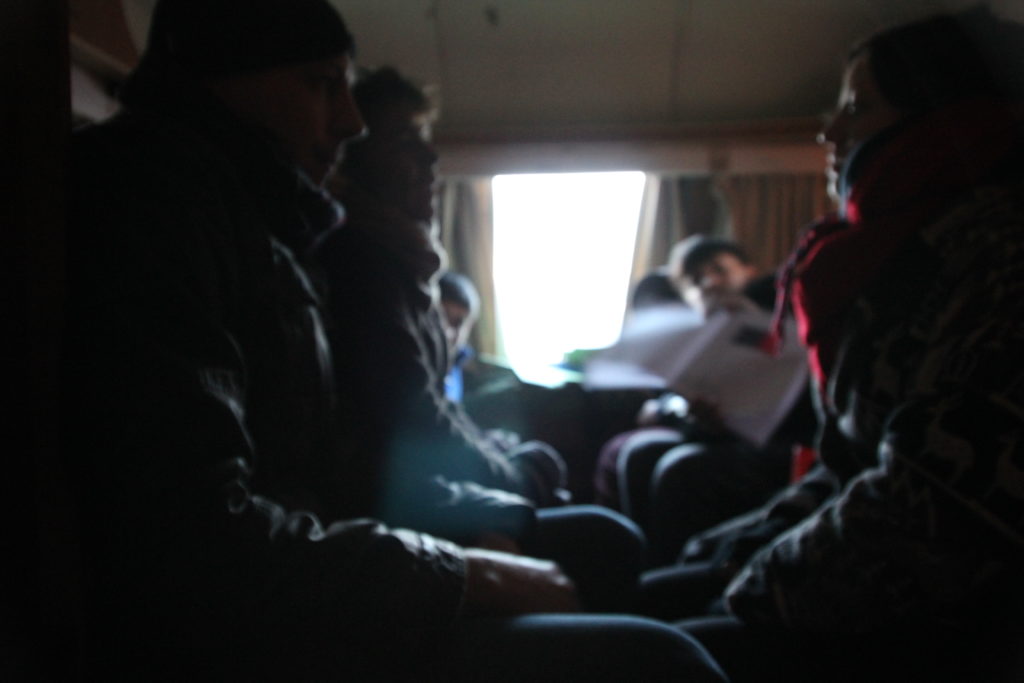
Sometimes it seems all we do at Maria Skobtsova House is say hello and then prepare to say goodbye again. In between beautiful and chaotic moments is the constant knowledge that everyone is waiting here to leave. Now, as I write this, we are joining the long line of those who have said goodbye and walked out these doors to another life. I arrived at Maria Skobtsova House on something like a pilgrimage, wanting to touch the spirit of Mother Maria’s passion and life. I suppose, in a sense, I wanted to see if it were possible to live them out to the full. What I found is that I came to deeply understand her heart and began to worry less about the details. I’ve still never given my last shirt or my last crust of bread away. I’ve taken time away to rest. I own more than I like to admit. And yet I can say truly that I have experienced the mysticism of human communion that, in Mother Maria’s words, causes us to want to do battle for the sake of each other. In the unique personhood of each guest in the home, I touch a sacred part of God.
I have been taught not just how to give, but how to receive. I have been fed and cared for by all who pass through these doors. It is their generosity, more than mine, that embodies Mother Maria’s words and life. They have been the ones to offer me their bread, not knowing where their next meal would come from; to offer to sleep two to a bed so that others might be warm. They are the true face of this house. And so I say goodbye to them knowing that I am leaving some of my very best teachers. I say goodbye knowing that whether or not we see each other again, they have given me a gift I can never repay. As my husband Ben and I bring our suitcases downstairs and turn towards the altar one last time, I press my forehead to the icons, making the sign of the cross as I have watched them do for three months. Pray for me, I ask each guest as we say goodbye. For I know you are very close to the heart of God.
Related Stories
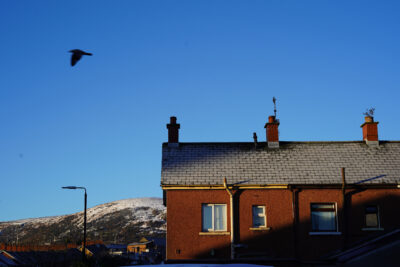
Inner State: Passionist Life in North Belfast
North Belfast is a community that has seen immense trauma over the past century – defined by political forces beyond its control.
May 30 2024
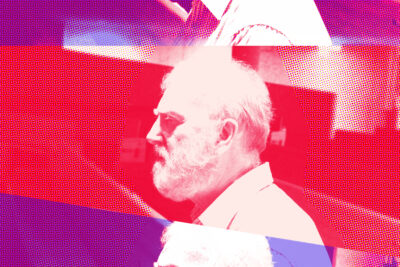
To Illumine the Mind: the Catholic diaspora in Paris
In Paris, Martin Coffey leads a church overflowing with working class immigrants. The picture of religion in France, he tells us, is not what you think.
Mar 01 2024

Positive Faith present a World Aids Day service, ‘The Reason for Hope’
Reflections, music and scripture as well as opportunities for sharing on this World Aids Day online service.
Dec 01 2023
